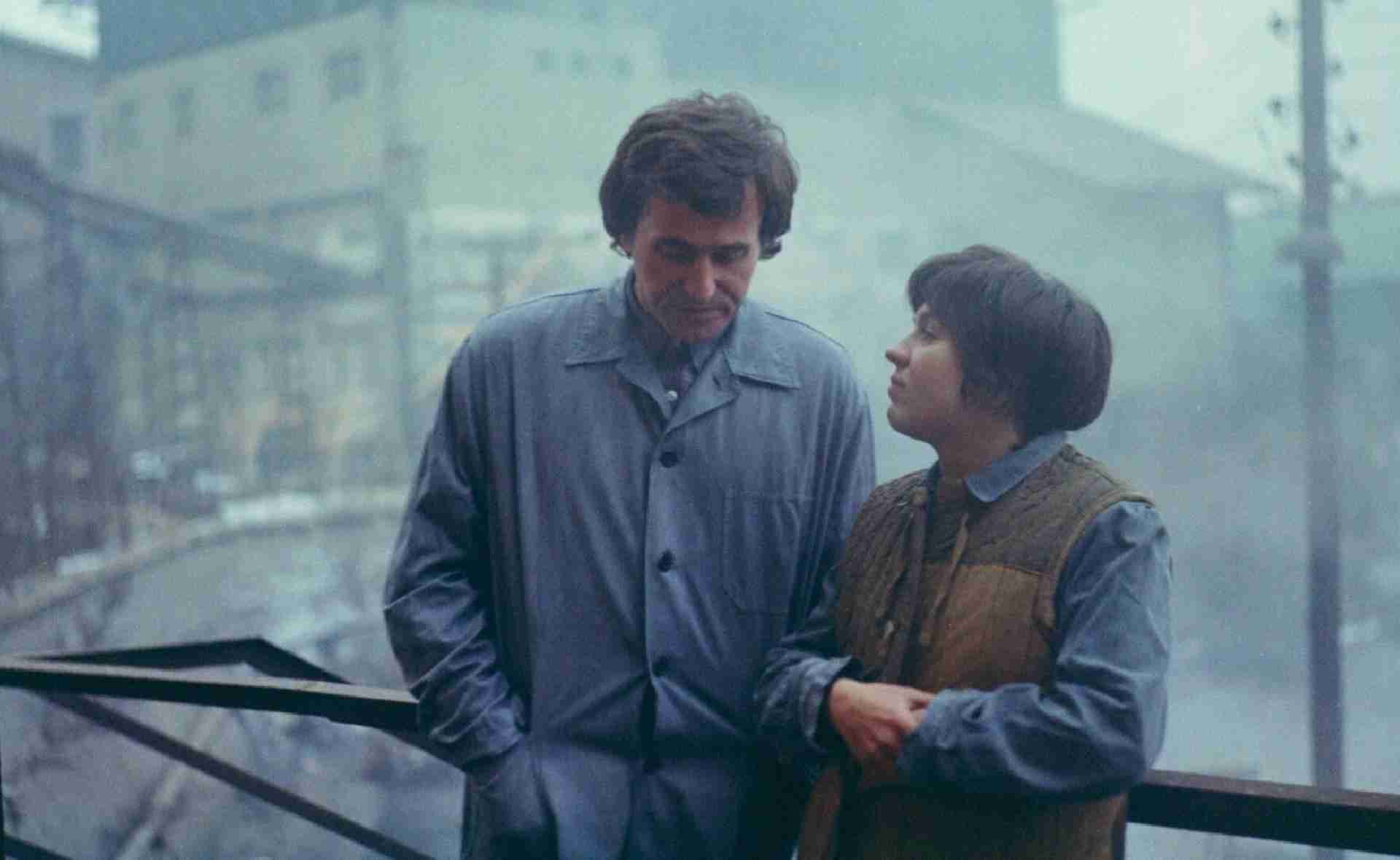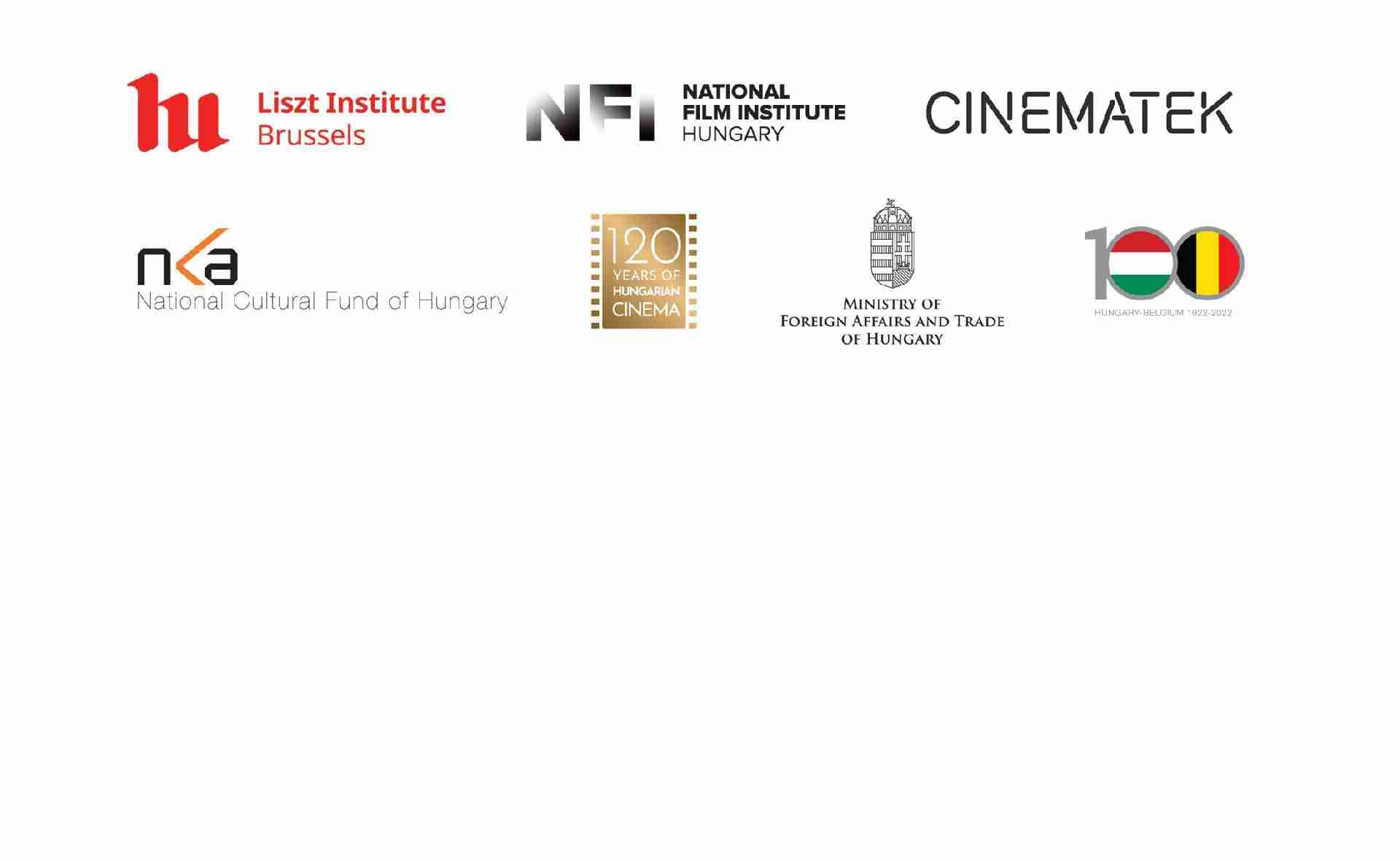Márta Mészáros was the first female director to win the Golden Bear, the top prize at the 1975 Berlin Film Festival. The Adoption was hailed by critics abroad as a feminist film. Mészáros did not consider it so, and yet with her next film, Nine Months, she took an even stronger stand for women's freedom of self-determination. Her protagonist, Juli, is a truly autonomous person who goes her own way in the face of social expectations. She resists Bodnar for a long time, and when they start dating, she refuses to give up her freedom completely. She continues her studies, despite the fact that he considers her superfluous, and she is not ashamed of the fact that she remains on good terms with her son's father. In fact, under the guise of a relationship, there is a struggle of wills based on differences in values. John, as a believer in the traditional family model, wants to own Juli, promising her stability, a solid financial background, which she needs for the sake of her son and her second child, but in return she would have to give up her independence and her need to be loved and understood by the man she lives with.
In Nine Months, the third main character next to Lili Monori and Jan Nowicki, is played by the factory district of Ozd. János Kende's shots depict the cramped spaces of the working world with a sociographic ambition, from the production lines to the pastel-coloured panel interiors and the socio-realist factory canteens. In the background of the scenes shot outdoors, the chimneys of the factories are constantly smoking, and the windows of Juli and János's flats look out onto them. He doesn't mind the view, he is building his own house in the area and can only imagine their life together there, while she would like to leave Ózd after her university degree. In Mészáros's film, the snow-covered, grey town is both a realistic and symbolic setting, as is the much friendlier farmhouse of the girl's parents.


